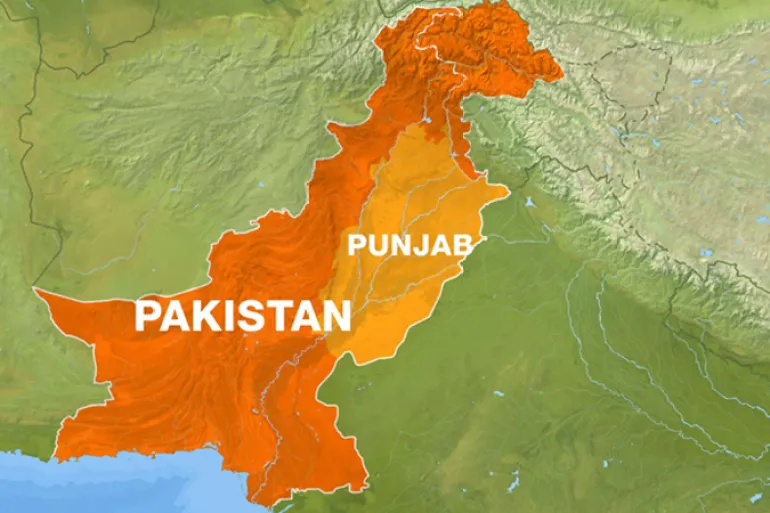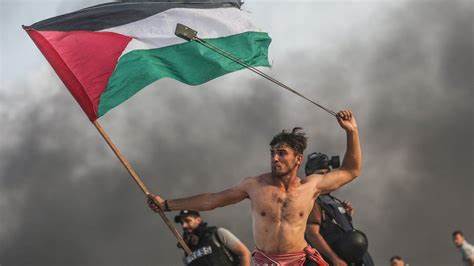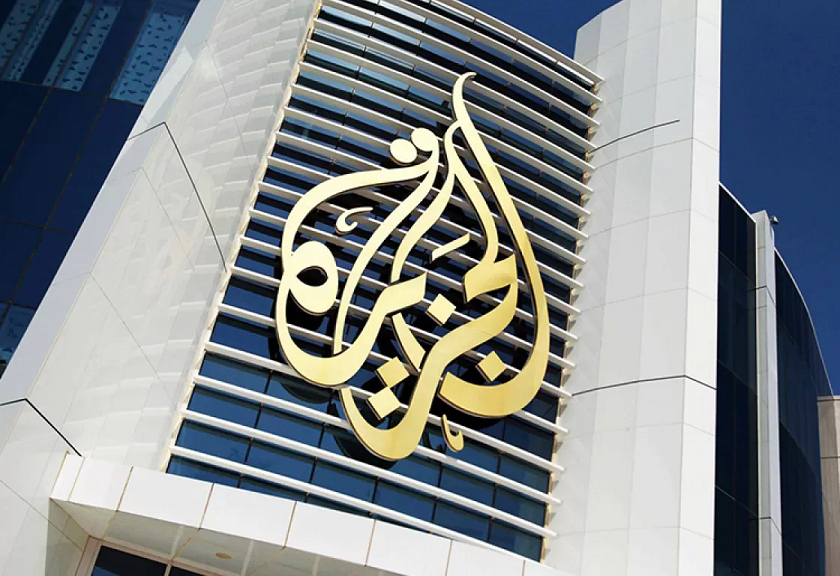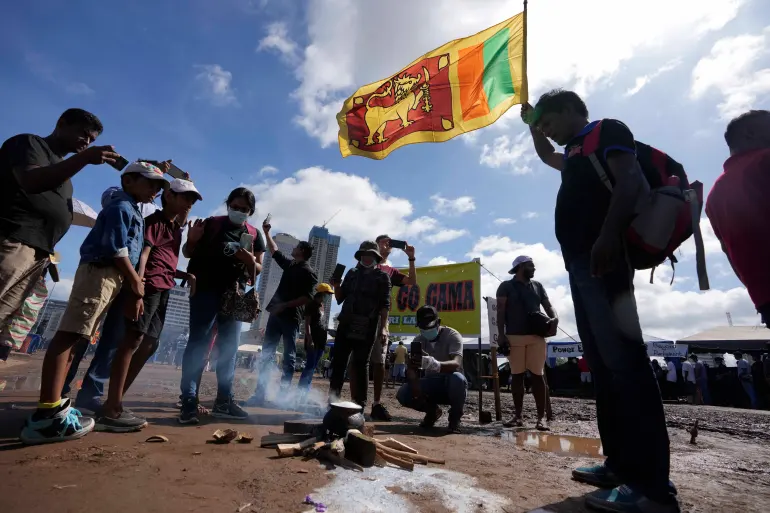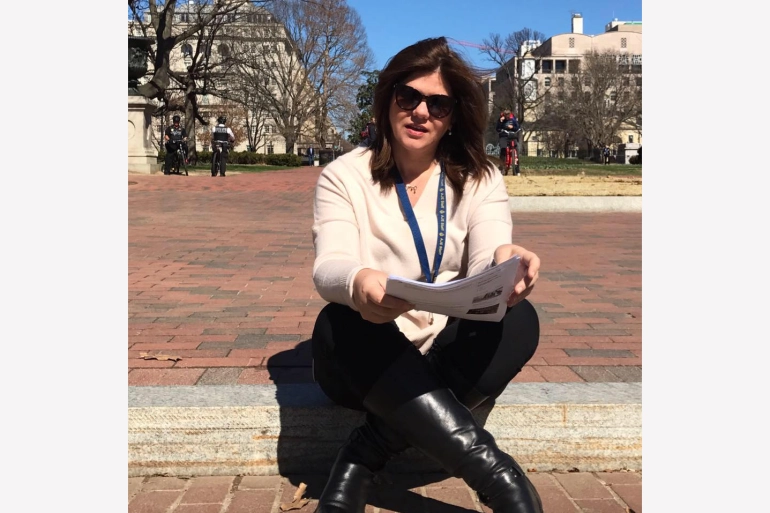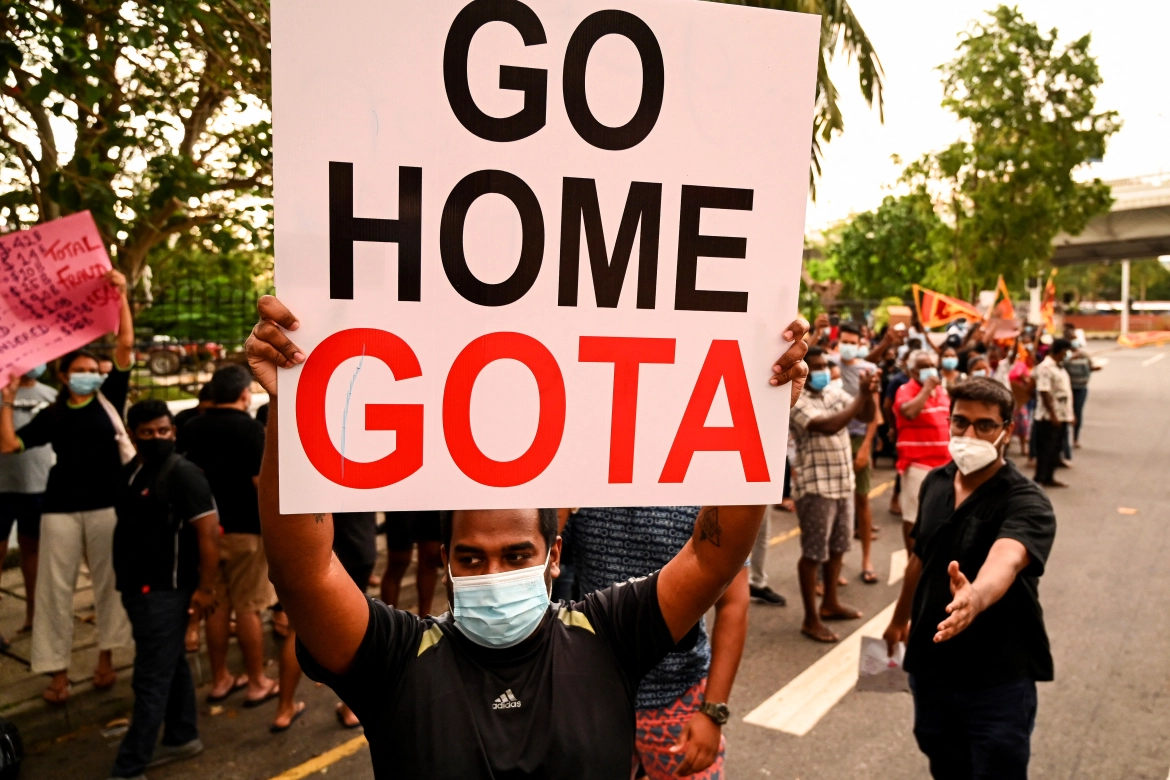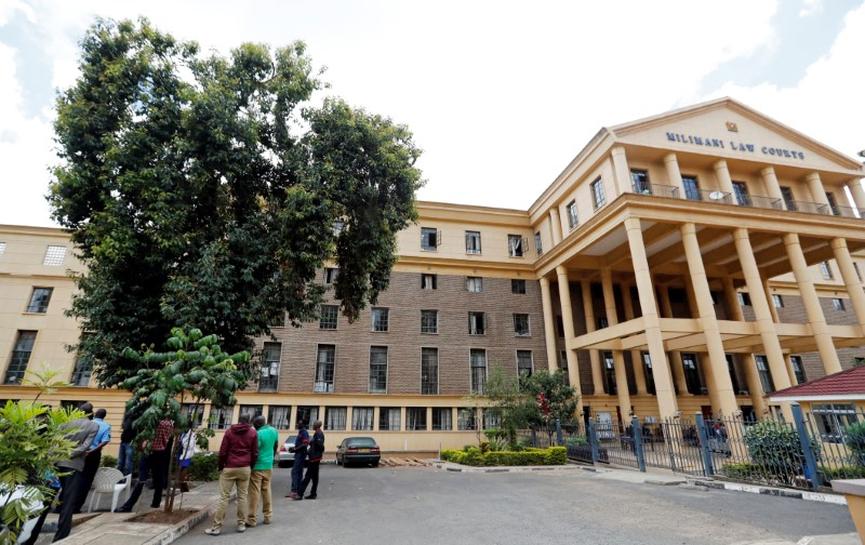‘Historic event’: WHO endorses vaccine against malaria
![[Reuters]](https://liberties.aljazeera.com/resources/uploads/2021/10/1633597101.jpg)
[Reuters]
On Wednesday the World Health Organisation (WHO) endorsed a vaccine for malaria called Mosquirix. The vaccine is made by GlaxoSmithKline.
The new vaccine helps a person’s immune system to resist Plasmodium falciparum, the deadliest of the five malaria pathogens.
The vaccine is not just the first vaccine against malaria, it is the first vaccine against any parasitic disease.
According to Pedro Alonso, director of the WHO.’s global malaria program, having a safe vaccine is ‘a historic event.’
The vaccine had an efficacy of about 50 percent against severe malaria in the first year.
But even the modest level of efficacy can make a significant difference to mortality levels. A 202o study indicated that the vaccine could prevent 5.4 million cases of malaria every year. The vaccine was tested in three countries: Kenya, Malawi and Ghana.
Malaria kills approximately half a million people each year. Most of the victims are from sub-Saharan Africa. More than half of the victims are children under the age of 5.
Tedros Adhanom Ghebreyesus, director general of the WHO, said the long-awaited vaccine was ‘a breakthrough for science’.
Michael Katz, emeritus professor of public health at Columbia University commented on the significance of the vaccine: ‘Malaria is a highly prevalent disease with an enormous mortalty. 240 million cases with 410 000 deaths annually of whom 67% were children. It is also responsible for intrauterine growth retardation on fetuses, because it limits blood diffusion to the placenta. It has been estimated that over the years malaria has killed half of the entire human population in the world.’
- Most Viewed
- Most Popular



